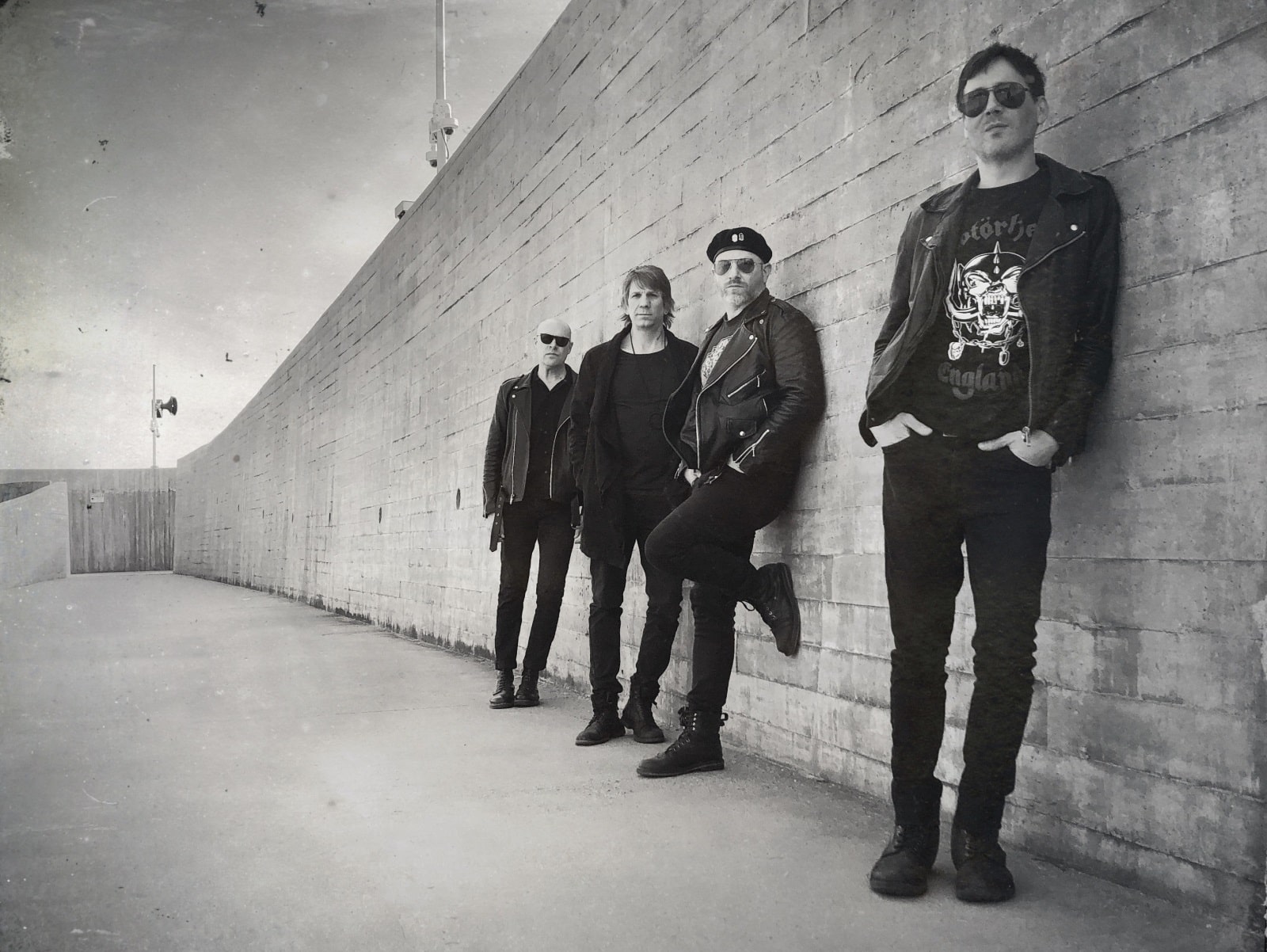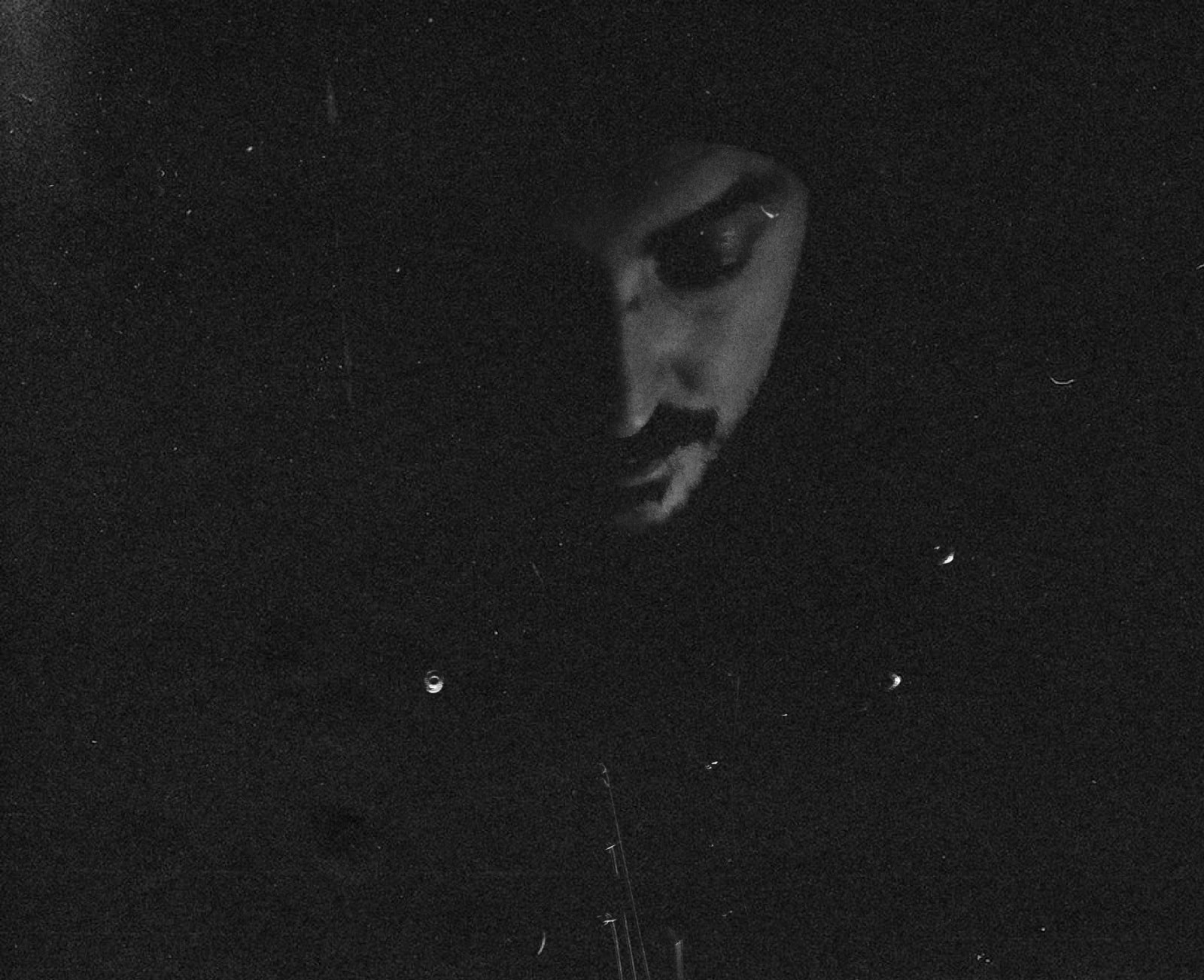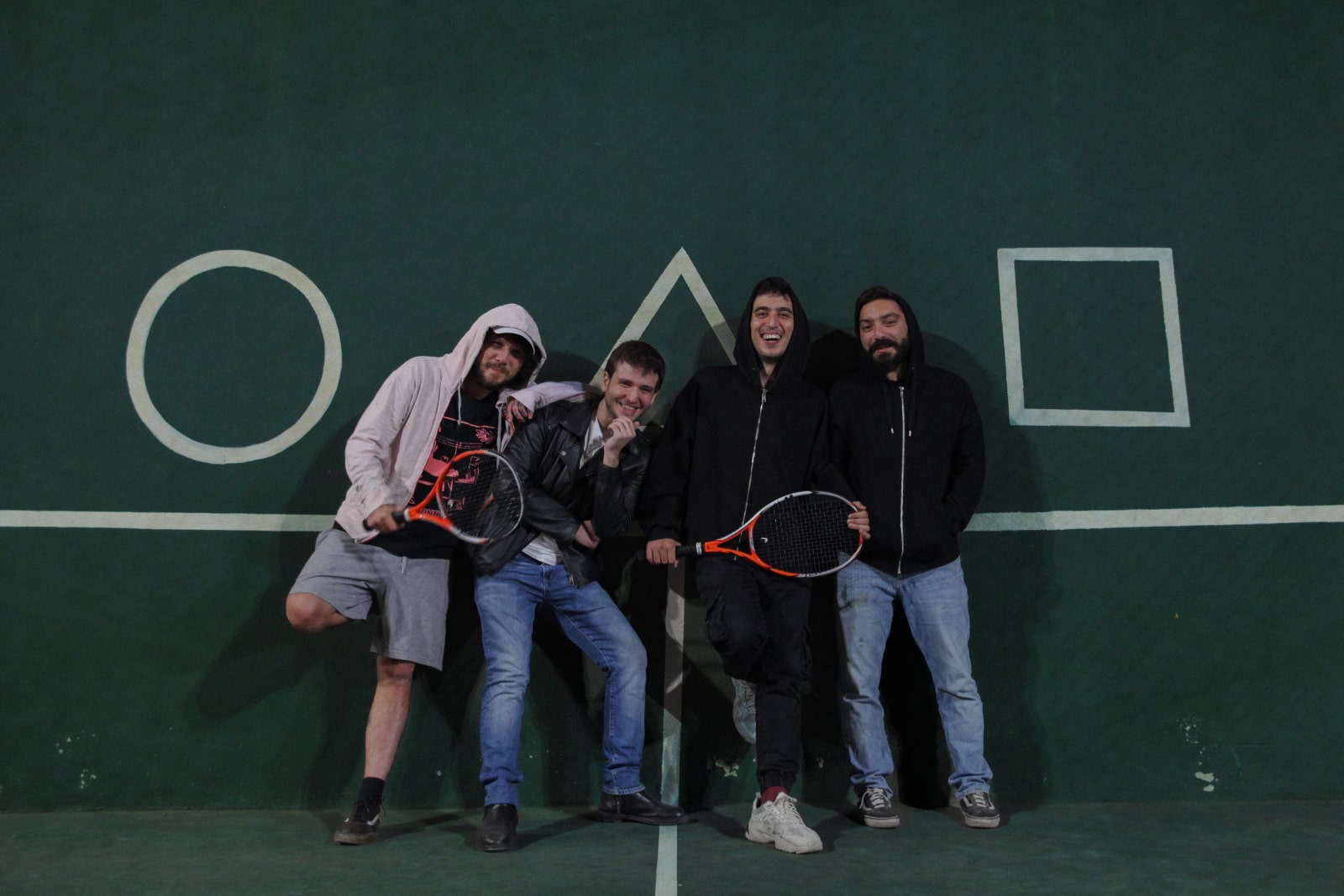In conjunction of the release of “Afterworld“, the new, long-awaited new full-length from atmospheric modern rock outfit BLACKLIST on October 28th via Profound Lore Records, we have teamed up with the band to share their top vampire movies that inspired the new album and would be a good watch before this year’s Halloween.
As for the band, BLACKLIST manifests a sound that has been described as “anthemic” (The Guardian), “darkly erotic, strangely sensual” (The Village Voice), and “a much-needed anomaly in NYC’s music scene” (Other Music NYC). Starting out as the flagship band of artist Pieter Schoolwerth’s Wierd Records imprint, their trademark sound is dense and dark, incorporating elements of shoegaze and heavy metal with coldwave.
The members often cite influences like My Bloody Valentine and Motörhead alongside bands like Comsat Angels, Killing Joke, and The Sound, while singer Joshua Strachan’s (Vaura) lyrics split the difference between the anthemic manifestos of Manic Street Preachers and Sisters Of Mercy’s “Vision Thing.”
BLACKLIST’s debut LP, Midnight Of The Century – produced by Ed Buller (Suede, Pulp) – was released in 2009. The album’s main focus was a rejection of what Strachan described as a fear of looming new forms of fascism aided by the rise of various political and religious dogmas. After a long hiatus, the band returned in summer of 2020 with the “Disorder” single, inspired by the racial justice protests in the United States, and the B-Side “No Secret Islands” which takes aim at the dystopian fantasies of tech billionaires.
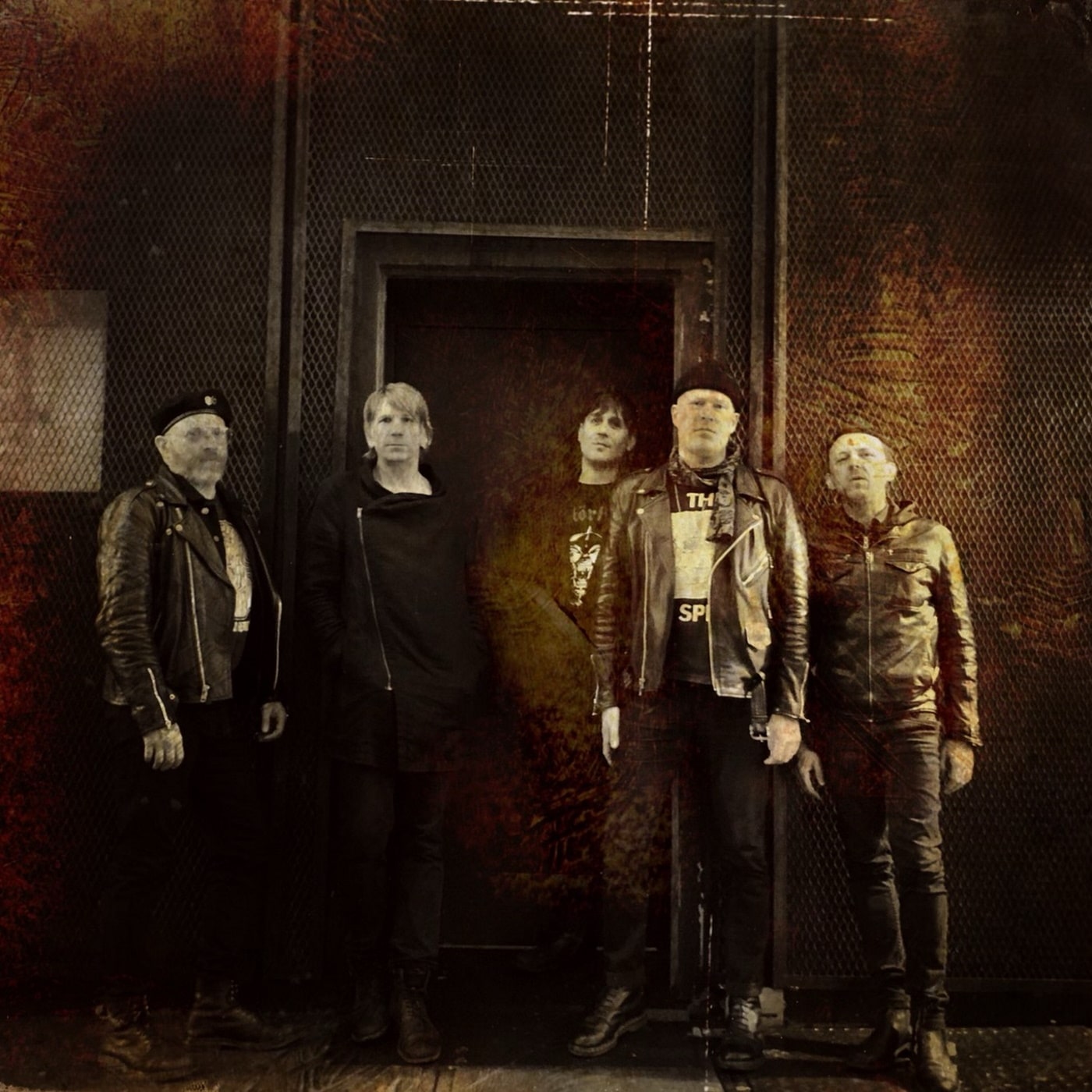
In April of 2022 “The Final Resistance” was announced as the lead single from an upcoming LP, Afterworld, due to be released in late autumn via Profound Lore Records. Post-punk.com called it a “captivating and dense explosion of coldwave and unfettered emotion,” while Brooklyn Vegan said it “picks up where the band left off with widescreen scope and a call-to-arms chorus.”
The album, produced by Strachan and mixed by Sanford Parker (Darkthrone, Yob, BLOODYMINDED) explores the possible meanings of love in a time of political and environmental collapse.
BLACKLIST’s Afterworld will be released on CD, LP, and digitally.
BLACKLIST are: Joshua Strachan – vocals, guitar, synthesizer, saxophone, Ryan Rayhill – bass, Glenn Maryansky – electronic/acoustic drums, James Minor – guitar, Chad Dziewior – guitar
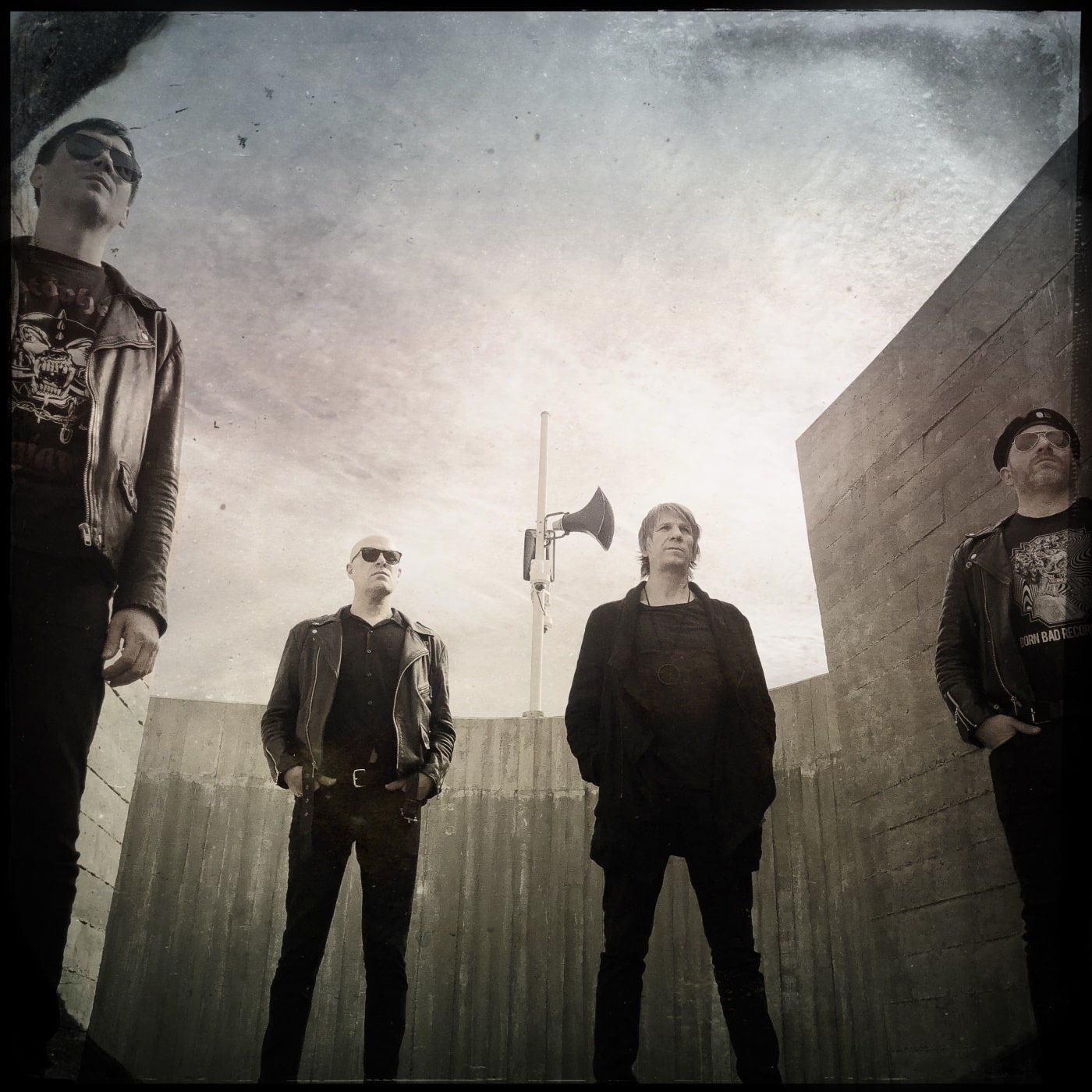
Top 5 cerebral vampire dramas, by BLACKLIST:
5.) NOSFERATU THE VAMPYRE (1979, Tubi, Prime, Peacock)
Werner Herzog’s take on Bram Stoker’s original story wasn’t the first or last to emphasize the Count as a romantic obsessive, but it might be the most visually beautiful vampire film ever made. Predating Coppola’s extremely horny 1992 film by over a decade, Isabelle Adjani and Klaus Kinski are mesmerizing as they prowl and snake sensually in the shadows (to a brilliant Popul Vuh soundtrack). Dialogue and plot are minimal, allowing the poetics of imagery and sound to almost fully take over.
4.) ALL THE MOONS (2020, Shudder)
“You’ll never be alone again and neither will I,” is what the motherly vampire tells the dying young girl Amaia, right before initiating her. A film almost singularly devoted to the many permutations of loneliness and how we deal with it, All The Moons is so subtle with its handling of the undead aspects, that they can be easy to forget. Amaia is almost immediately separated from her new “mother” and has to teach herself how to live in the world with her bloodthirst and a hostile sun.
3.) MY HEART CAN’T BEAT UNLESS YOU TELL IT TO (2020, Prime, Peacock, Pluto, Tubi)
Few films in any genre capture such a mood of oppressive bleakness and isolation. My Heart Can’t Beat Unless You Tell It To was one of the ultimate lockdown films, portraying the most restrictive set of circumstances. Three siblings, one of which is a vampire, live together in a house. The twist is that the vampire sibling is ill with an unknown condition preventing him from feeding on his own. Faced with the death of their brother or a life of murder, the human siblings choose to become full-time killers. But the sick brother longs for a break from routine, and for new kinds of interaction outside the family. A familial triangle of codependency is starting to come undone, love is confused for control and vice versa. It’s as if the gothic trope of longing to escape one’s circumstance was transposed from the foggy English moors to the dead nights of Salt Lake City.
2.) BYZANTIUM (2013, Tubi)
Byzantium traces the history-into-the-present of mother and daughter vampires Clara and Eleanor. Because they are women they are denied a place within the [strictly male] secret society of vampires, The Brethren, making them outsiders of the outsiders. Clara is the world-wise mother, a sex worker who rejects love as a luxury and toils in the knowledge that money is a form of power and freedom for her and her daughter. For Clara, vampirism was a survivalist way to cheat death from tuberculosis, but when Eleanor’s life was in danger it was the motherly drive to protect that drove her to turn her daughter.
Eleanor spends her days longing to tell the story of her life. Isolation from the outside world has grown too much for her, and the need to be heard and understood has overpowered the vampire’s code of silence. Then Eleanor falls in love, putting her at odds with nearly every aspect of the life her mother has carved out for them. The drama that plays out between mother and daughter, and then between family and Brethren, is full of what most modern “elevated horror” films lack.
1.) THE HUNGER (1983, HBO Max)
Franz Kafka once wrote, “The meaning of life is that it ends.” Miriam Blaylock’s dilemma is that she knows her lovers will all suffer the same fate but she cannot bring herself to refuse them in order to save them. Her monstrosity stems from her desire for affection. Taking a view of time proportionate to that of a vampire’s long life, this kind of doomed companionship amounts to its own profound sort of loneliness. To live each day (night?) knowing that you will inevitably lose the one you love, is a distillation of some of our most human fears. And yet just as human is her compulsion to re-start the cycle of love and loss. Miriam’s — and the film’s — permeating melancholy comes from the sense that death is the meaning of life. That everyone you love is doomed, that they are already a ghost.



